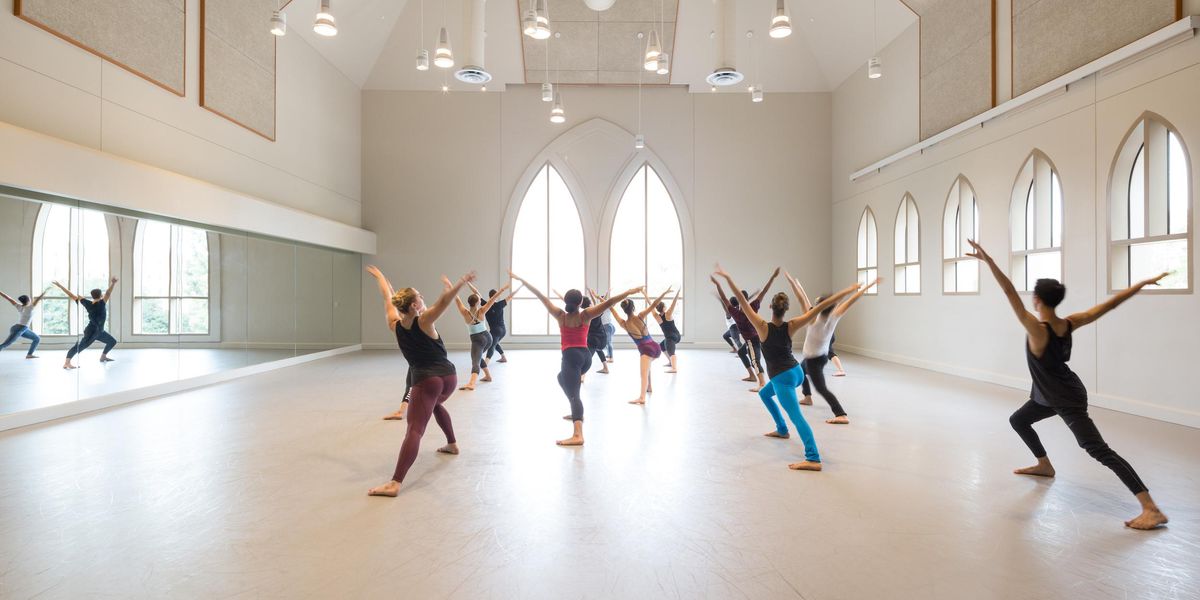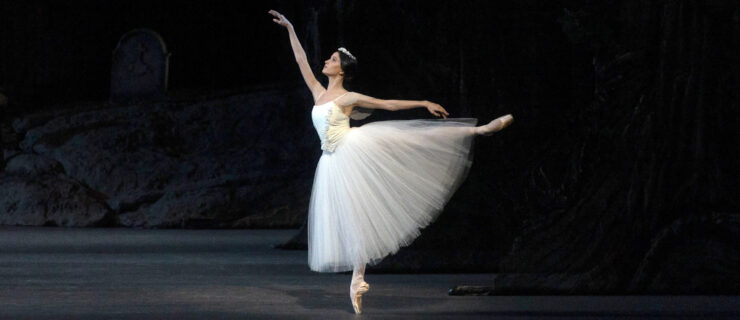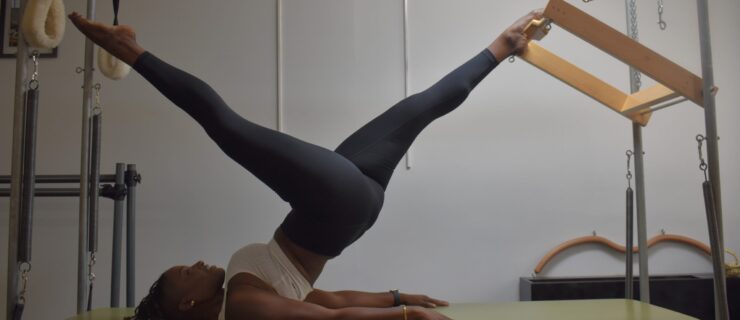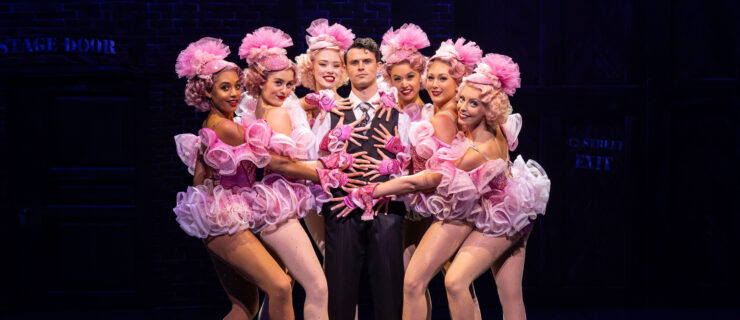Paradigm Shift
Angel Corella is moving to redefine Pennsylvania Ballet.
Corella (center) working with PAB principals Arian Molina Soca, Ian Hussey and Alexander Peters on Fancy Free. Photo by Alexander Iziliaev, Courtesy Pennsylvania Ballet.
In April, the ballet world was rocked by the news that nearly 40 percent of Pennsylvania Ballet’s roster would be replaced. Of the 17 dancers departing, 12 were let go. “These dancers have been with me for two years now, and it was a great opportunity to see which dancers would look into the future with me and respond to the new look of the company,” says Angel Corella, who became artistic director in 2014. That new look for the upcoming season will include some premieres for the company, such as Corella’s own
Le Corsaire (which he says will be more in the Russian tradition), and new faces in all of the ranks, from international companies such as Ballet Nacional de Cuba (Dayesi Torriente) and American Ballet Theatre (Sterling Baca) as well as Pennsylvania Ballet’s school.
Some of the dancers leaving have questioned Corella’s commitment to the company’s Balanchine foundation. “It’s not the Pennsylvania Ballet I chose to join anymore,” says Lauren Fadeley, a former principal who left to join Miami City Ballet as a soloist. “The new energy revitalized us all, but ultimately the rep and direction were becoming so different from the Balanchine company it was founded to be.”
While Corella is looking to broaden the scope of the company, he says that the Balanchine core will not be lost in the process. He even hired former New York City Ballet stars Kyra Nichols and Charles Askegard as ballet masters last season. “There is a conflict I don’t see or don’t understand between Vaganova and Balanchine technique,” says Corella, who spent three years studying with Stanley Williams, the famous School of American Ballet teacher. “A good dancer is a good dancer. It does not matter the school. You have to be a chameleon.”
The repertoire for the 2016–17 season will include several Balanchine ballets, but they will be programmed into mixed bills with more contemporary choreographers like Nicolo Fonte and David Dawson. “Philly can’t support specialized companies like NYC does,” says David Hoffman, chairman of the board and the selection committee that chose Corella. “We can’t fill a theater with pure Balanchine programs for every show.”
According to Hoffman, Corella’s new approach has been just the change the 53-year-old company needed: Ticket revenue was up for the 2015–16 season, and the audience is getting younger and more diverse. “All the energy I had as a dancer, I have as an artistic director, and I am not letting the company rest,” says Corella. “People like to put everything in a box and say this is going to be like ABT, but the truth is that we are trying to be a unique company, and we have our own unique and demanding vision.”




